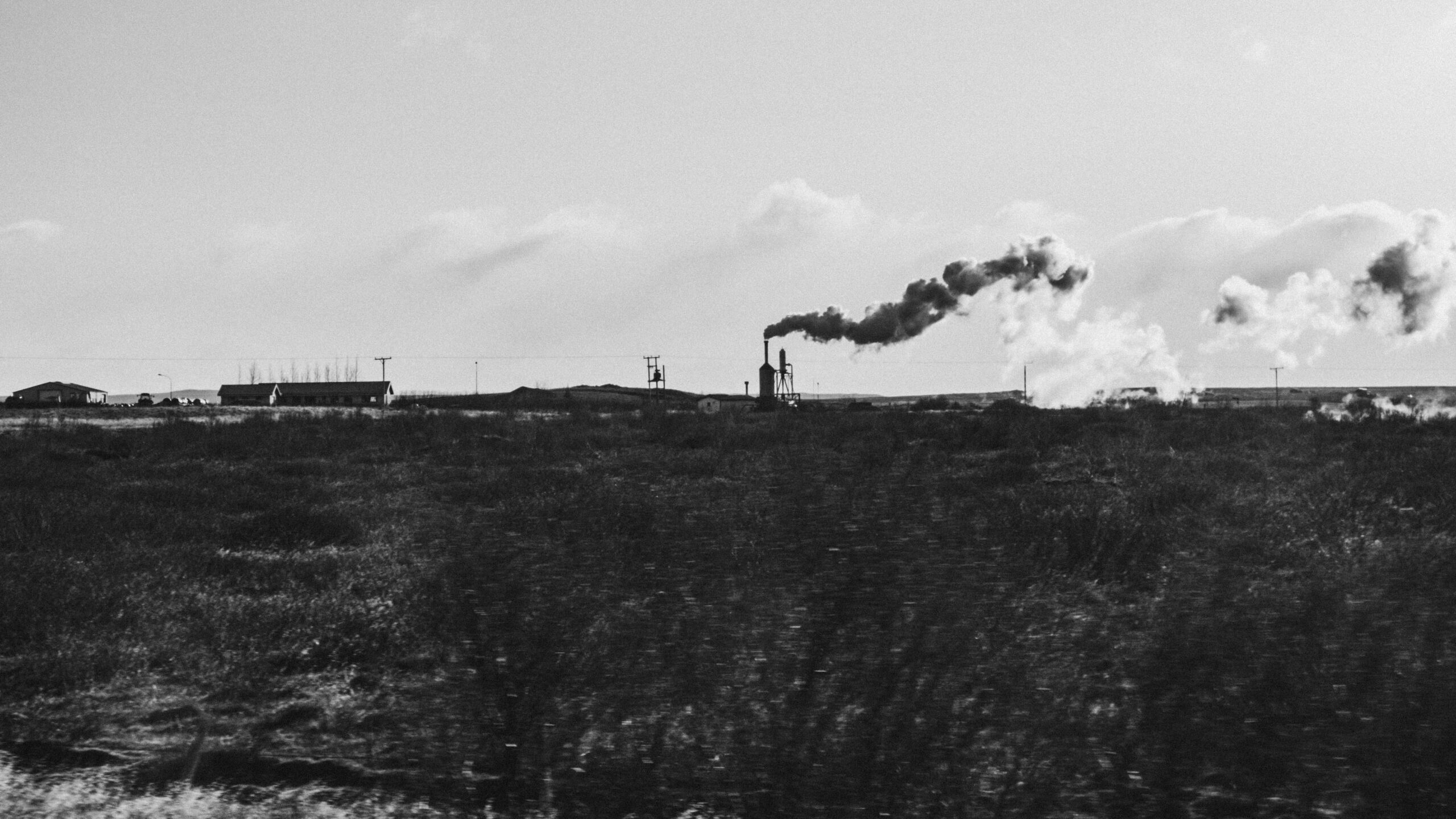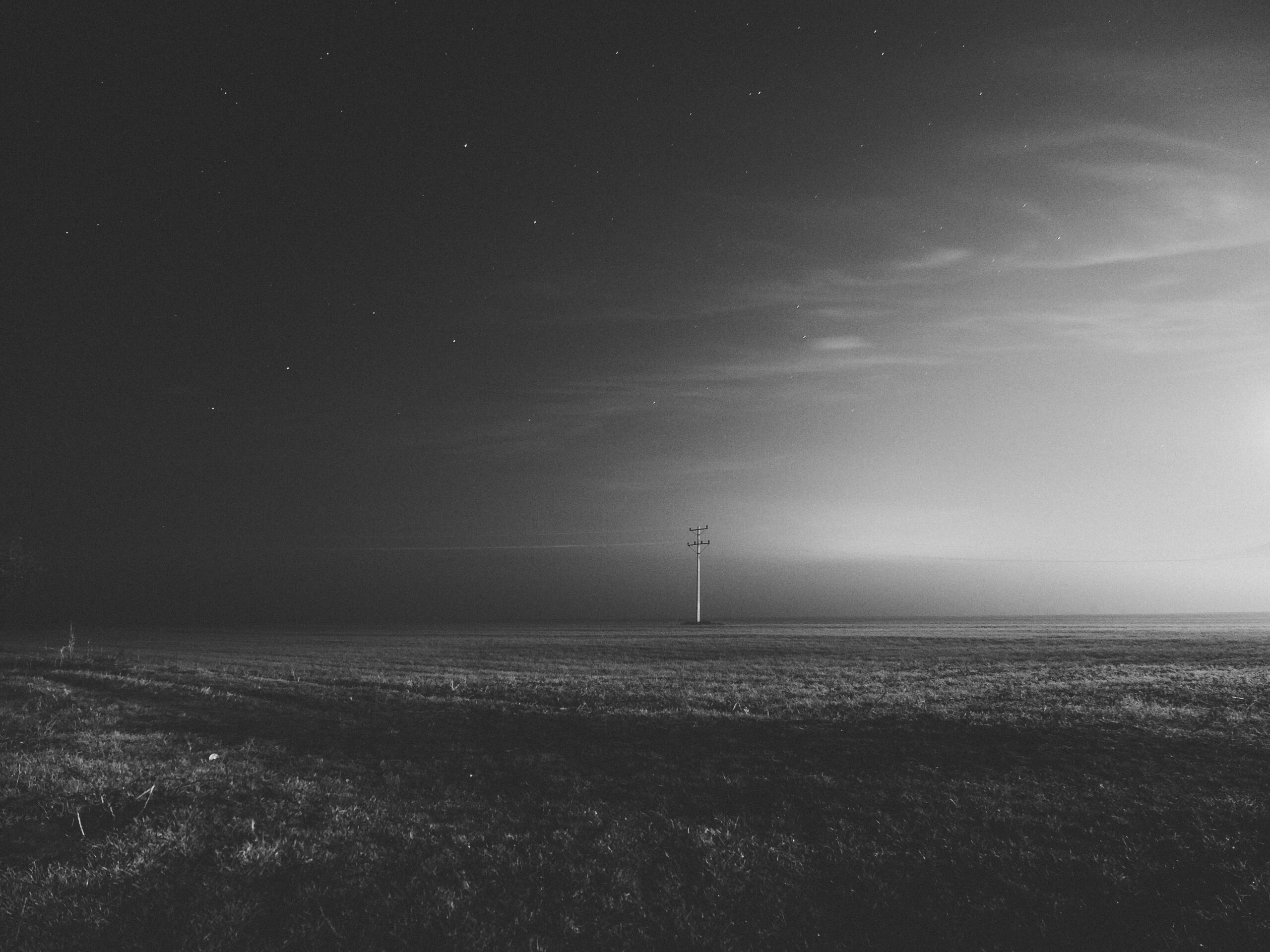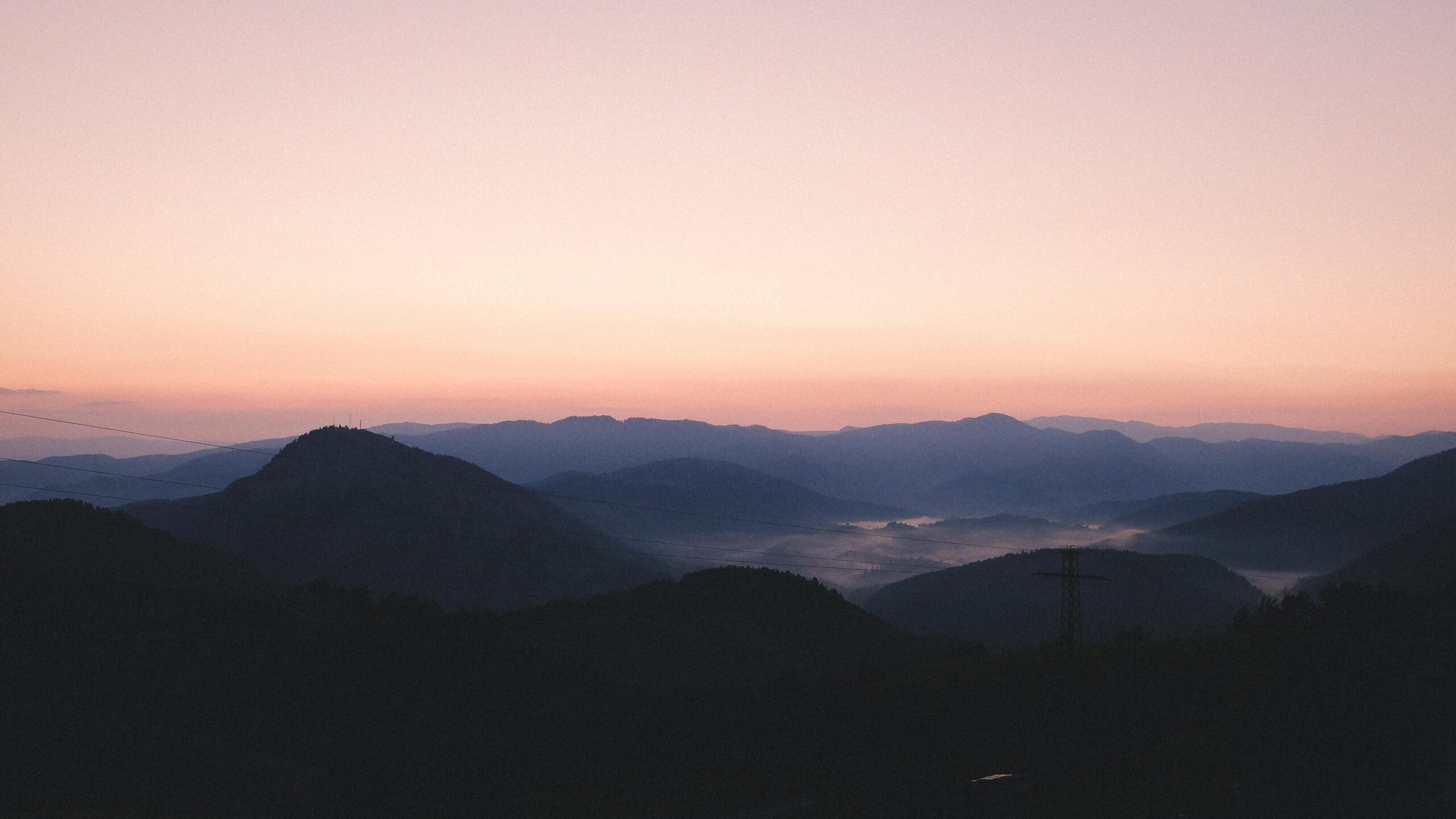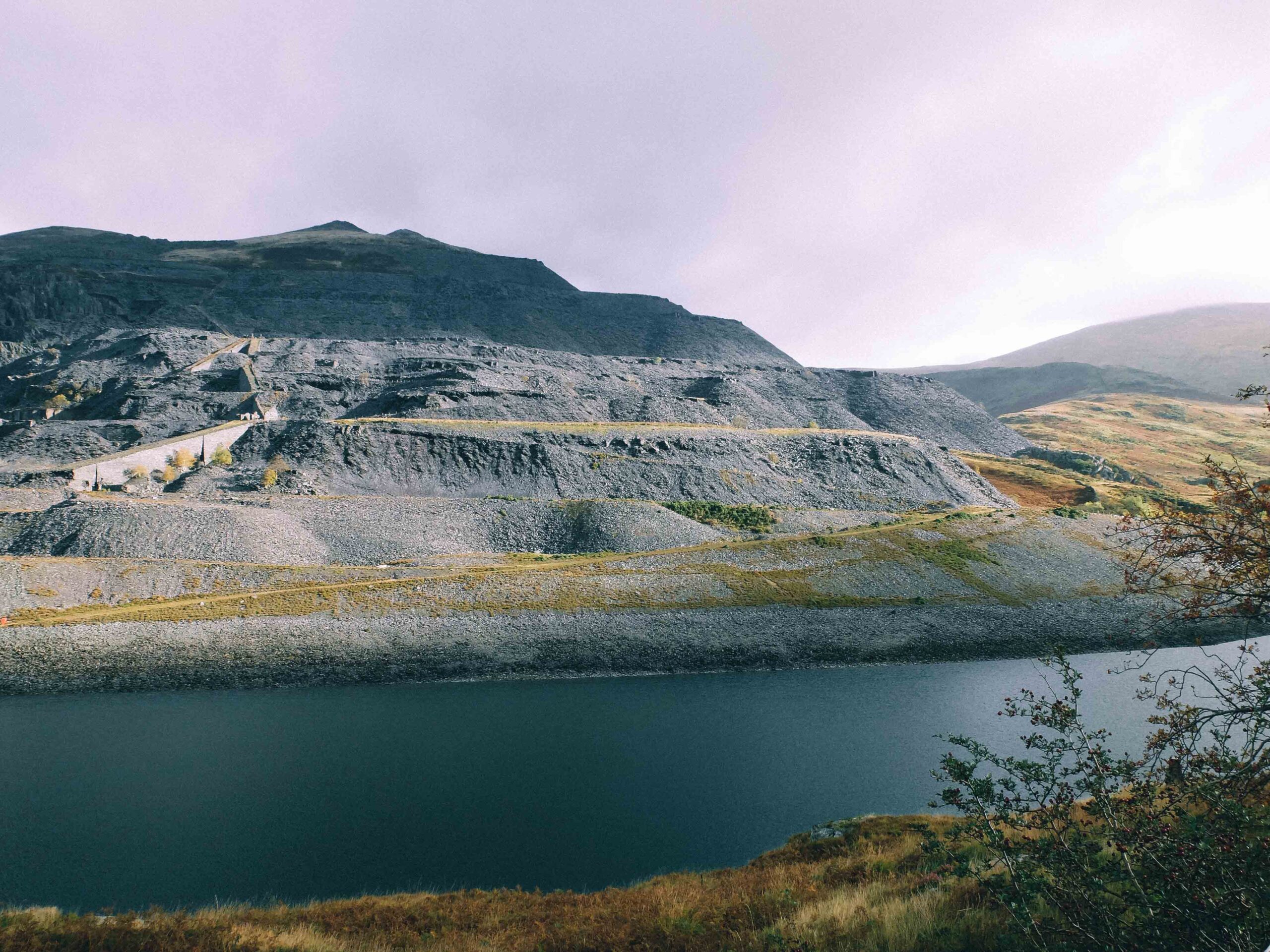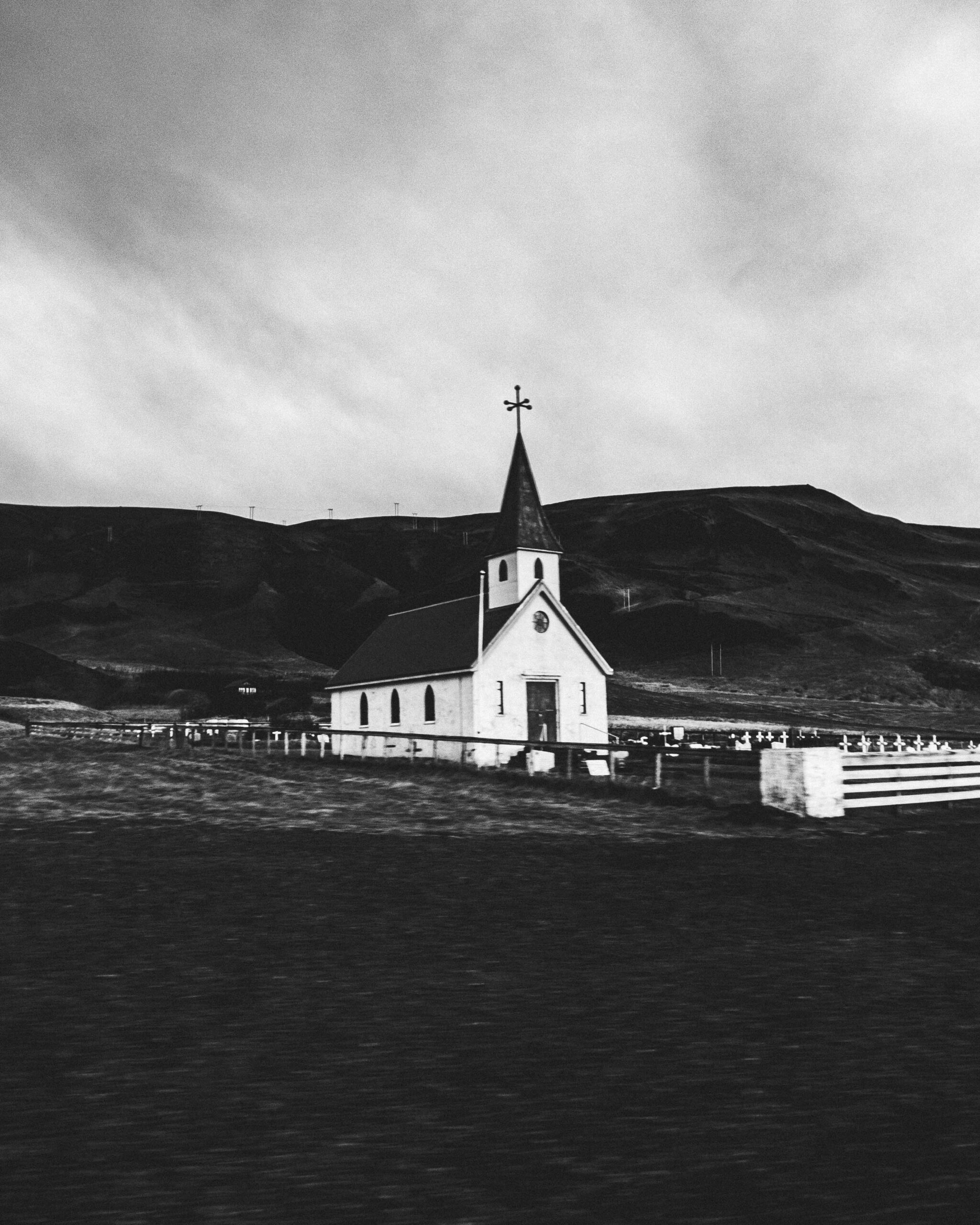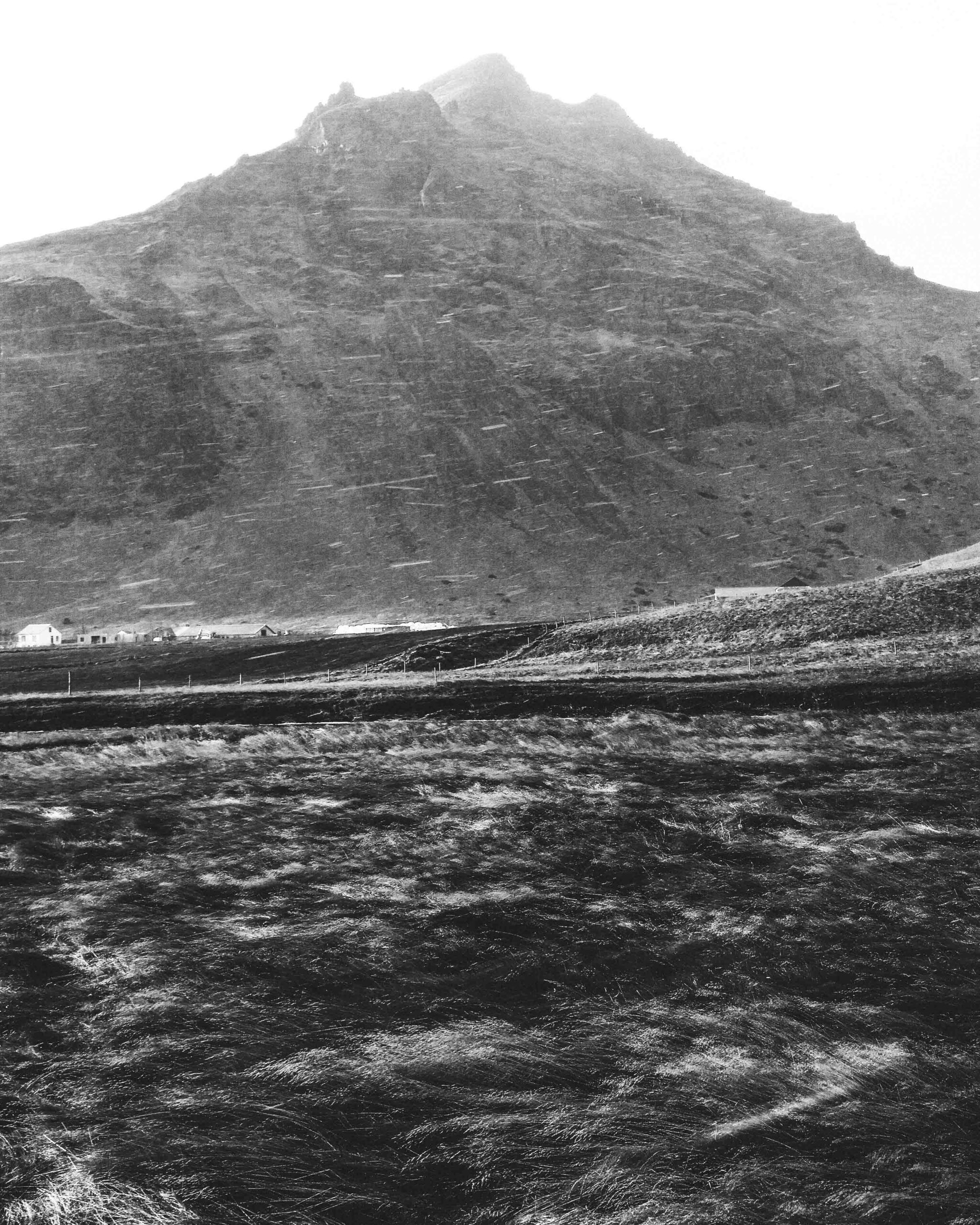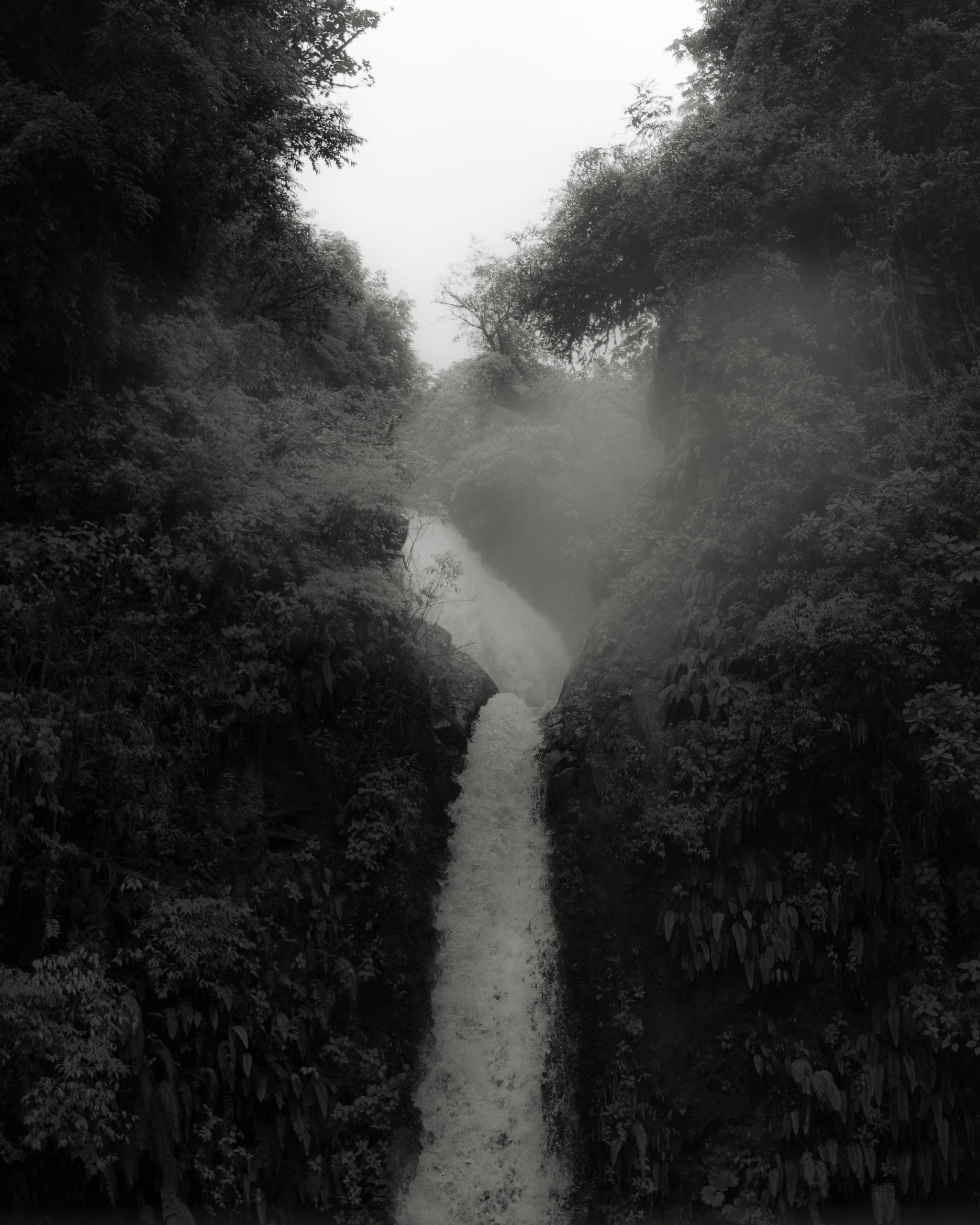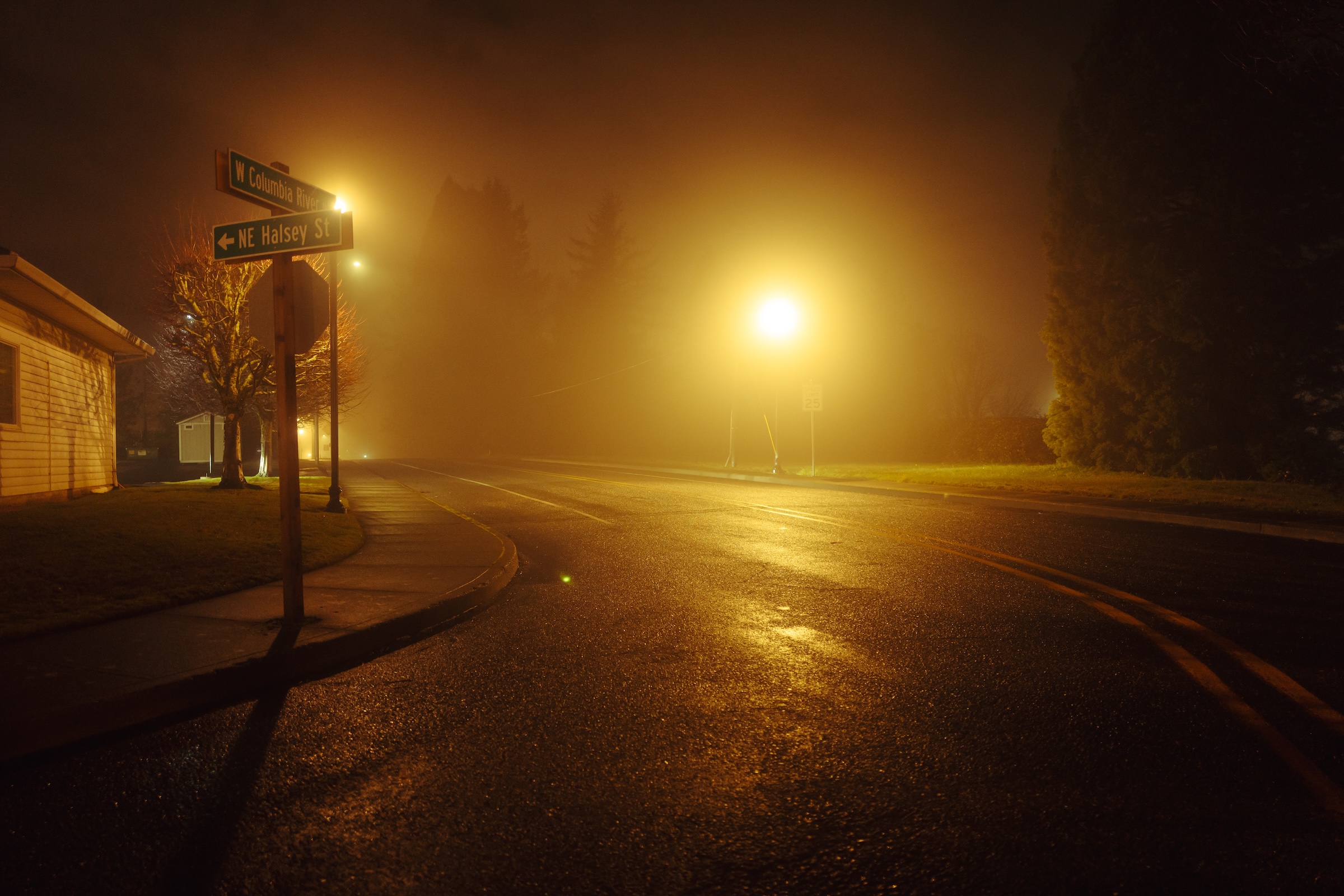At The Edge of The World
Paul: I’m primarily a film composer out of Memphis TN, but I enjoy releasing/producing solo music when I get the chance. I mostly score independent films, but have worked on a handful of varying projects over the years. I got into composing music for films through a friend director/actor Nathan Ross Murphy about 10 years ago. He was studying film and I was starting to get into home recording and spent a lot of time writing music to videos I really liked for fun – so us starting to work together really made sense and came at a good time. I’ve worked with him ever since and have had the privilege of working with other really amazing directors and friends along the way as well. But at the end of the day I’m really just a fan of music, film, and art.
Gully Wabbit: I’ve had an interest in photography for a long time but have truly discovered it in the last few years. Being able to spend more time in nature has had a direct impact on this passion of mine.
Do you take a lot of time on planning a photograph or would you rather shoot on the fly?
Gully Wabbit: Depends on the moment, most of my shots are spontaneous but when shooting film there may be some planning involved.
What has been your biggest challenge in developing the skill to write music for moving images?
Paul: Some of the biggest challenges are not so much having ideas but finding the right voice/sound/tone for the film, using restraint when needed, really trusting yourself and the director, and learning how to ask for what you need in the process. I’m sure there are others, but those are a few big ones I can think of.
How do deadlines affect your work?
Gully: I’ve found that deadlines provide structure and a sense of urgency.
Paul: Obviously depending on the deadline I’ll figure out a plan or organize my time a certain way, but they also help me figure out how deep I can get into the process and how far I can explore an idea. Most of the time when I get a finished cut of the film it’s a pretty fast process to narrow things down and finalize the ideas – sometimes just days. I think over the years I’ve become much more confident in my ability to make decisions and move on as long as it feels right and the director approves. I’m humbled by the whole process of filmmaking.
How do you draw your ideas and what is your creative process like?
Paul: I spend a lot of time simply reacting emotionally to the script and film itself. I try to immerse myself in the story by creating a sonic landscape that I feel would exist inside that world or getting inside the character’s headspace. We’ll determine what instrumentation is right for the film and sometimes I’ll do some demos before it’s shot or wait until I have picture. I generally work my way through scene to scene in order of the story. A lot of it is a gut reaction while I work and search for a tone that supports the scene. As obvious or silly as it sounds, I spend a lot of time experimenting with what actual notes are needed and when – it’s amazing what dropping a note down half a step or changing the key can do for a scene.
What do you think is the most important element for an audio-visual collaboration to work out?
Gully: Being able to feel and understand what the other person is trying to convey through their work, so you can complement it with yours.
Paul: A mutual respect and trust with your collaborators. There are a lot of talented people out there that make quality work – but to me the people you work with make all the difference when collaborating on any project.










